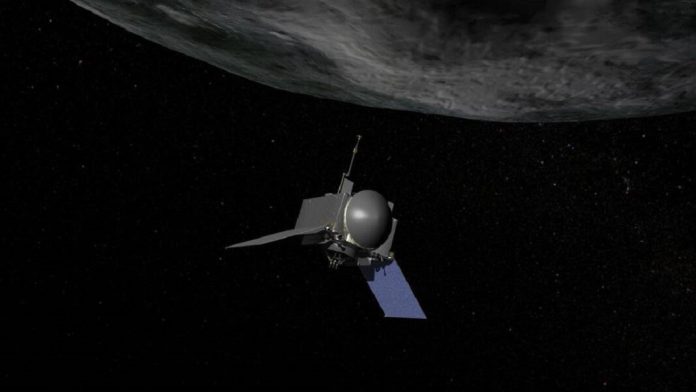The Commercial Space Launch Act, which includes provisions allowing American companies the right to keep resources that they mine in space, was recently signed into law. While the act has been hailed as groundbreaking in the United States, the space mining title has gotten an angry reaction overseas. In a Friday article in Science Alert, Gbenga Oduntan, Senior Lecturer in International Commercial Law, University of Kent, condemned the space mining provisions as environmentally risky and a violation of international law. Ram Jakhu, a professor at Canada’s McGill University’s Institute of air and space law, adds that space mining is a violation of the Outer Space Treaty and should not be allowed.
Oduntan’s environmental argument is expressed thus:
“So what’s at stake? We can assume that the list of states that have access to outer space – currently a dozen or so – will grow. These states may also shortly respond with mining programmes of their own. That means that the pristine conditions of the cradle of nature from which our own Earth was born may become irrevocably altered forever – making it harder to trace how we came into being. Similarly, if we started contaminating celestial bodies with microbes from Earth, it could ruin our chances of ever finding alien life there.
“Mining minerals in space could also damage the environment around Earth and eventually lead to conflict over resources. Indeed what right has the second highest polluter of Earth’s environment got to proceed with some of the same corporations in a bid to plunder outer space?”
Leaving aside the anti-American, anti-capitalist swipe, Oduntan’s argument could be applied to forbid even the peaceful exploration of space, lest space probes and astronauts “contaminate” the “pristine’ nature of space.
Both gentlemen try to invoke the Outer Space Treaty as binding against space mining, a dubious position. Oduntan attempts to claim that the notorious Moon Treaty, of which the United States is not a party to, is still binding as “customary law,” an odd position to take that suggest that the parties to an agreement can force their views on those countries that have chosen not to be parties by fiat.
Right now, the argument is academic, to be waged in law journals and op-ed pages. But the moment that a company like Planetary Resources or Moon Express start to conduct mining operations look for the matter to become a subject of the courts and international politics. The lawsuits will fly, and diplomatic pressure will be exerted as countries that do not have mining programs try to stop those that do have them or, failing that, put their hands out for their “fair share” of resources from the “province of mankind.”
One would hope that the American president and Congress of that future era will be disposed to beat back that effort.















